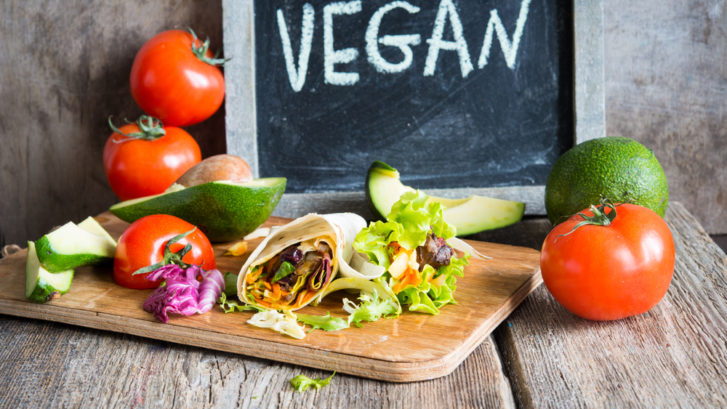Is a Vegan Diet Really Safe?
Vegetarian diets have been around since agriculture took hold among our hunter-gatherer ancestors, but they really began to catch on in this country the 1960s, with the back-to-the-earth movement popularized by the counter-culture movement.
Still, vegetarianism, and its stricter cousin veganism, date back to ancient India and Greece, and veganism is a strong component of many religions, including Buddhism and the Seventh Day Adventists. The first-known vegan cookbook was published in London in 1849. A 2012 Gallup poll found that 5% of adult Americans are vegetarian and 2% are vegans.
What’s the difference between the two practices? Vegetarians subsist primarily on plant-based foods, but do eat such animal byproducts as yogurt, eggs, and milk products (they are known as “lacto-ovo” vegetarians). Vegans eschew anything at all that comes from animals.
Your concierge physicians at MD 2.0 in Jupiter, Florida, receive frequent questions from our patients who are considering switching to this type of diet, but who have heard cautionary tales about the heath implications of such a restrictive eating plan.
In fact, with some precautions and a few adjustments, vegans and vegetarians seem to be in many ways healthier than the population as a whole. According to the Academy of Nutrition and Dietetics, vegetarians have lower cholesterol levels, lower blood pressure, lower overall cancer rates, a lower risk of heart disease, and a lower risk of chronic disease. But it adds that a vegan diet is healthy only if it’s well-rounded and carefully planned.
Research is critical. There are literally thousands of books and websites devoted to the subject, and you need to do your homework before committing to the lifestyle. The key is to ensure you receive all the necessary nutrients that you would obtain from a meat-based diet. This includes protein and amino acids, calcium, iodine, iron, zinc, iodine, and vitamins D and B-12. It’s also important not to rely heavily on processed or high-fat substitutions.
Here are a few things to consider before you take the plunge.
- Consider your reasons for making the switch. If it’s for ethical or health reasons, you’ll be more motivated to stick with it than if it’s simply a whim, because veganism can demand a good deal of planning and discipline.
- Think about making the change gradually. Start with going meatless one day a week to see whether you’re prepared to make the commitment. Begin slowly adding foods that are central to a vegan diet to give your body a chance to adjust to the change.
- See us for a check-up before you begin. You want to make sure there are no hidden health issues that might preclude a vegan diet. For example, the vegan diet depends heavily on soy-based products, which can act as an estrogen replacement in the body, potentially impacting those with a family history of breast cancer or other estrogen-related issues.
- See us again as you progress in your new lifestyle if you notice any unwelcome changes in your body or in the way you feel.
With the proper precautions, a vegan diet appears to be perfectly healthy for the average adult. The Academy of Nutrition and Dietetics says vegan diets can even be an option for infants and children if their diet is carefully planned and monitored. As always, contact us with any questions you may have about this issue.

